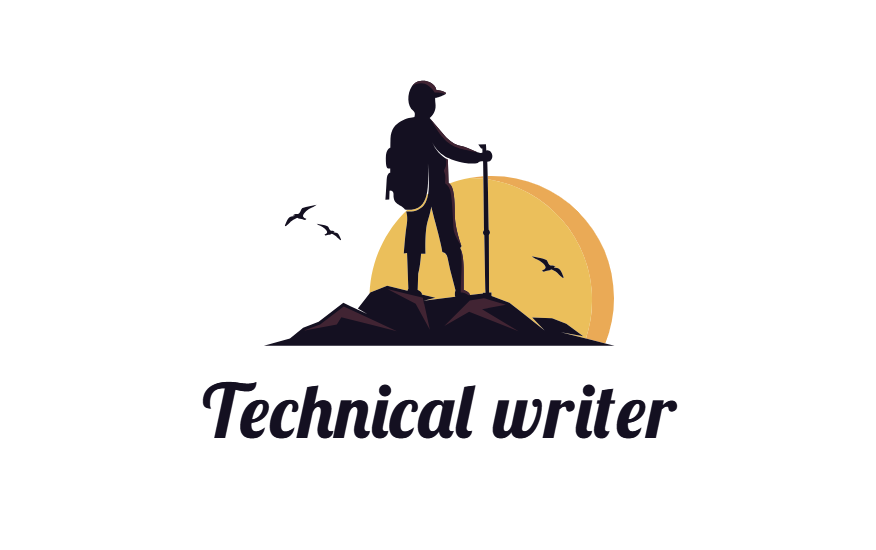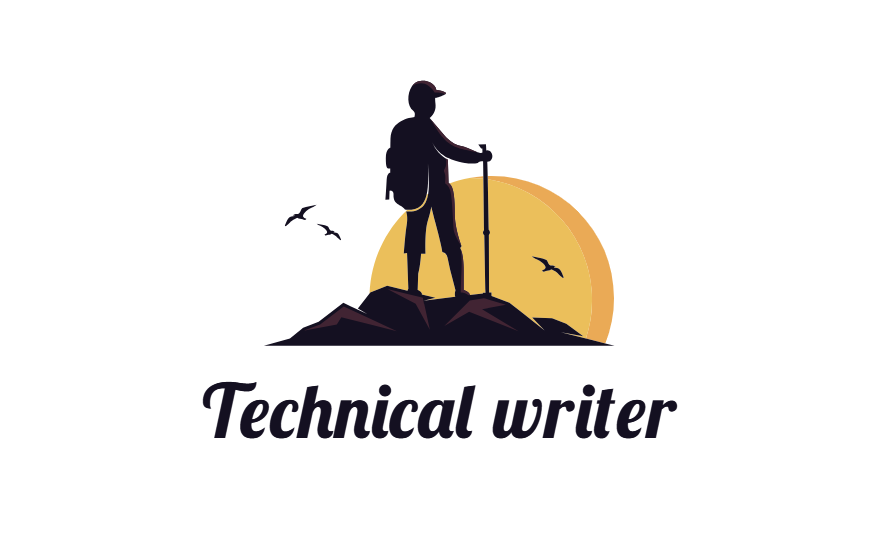The issue we're attempting to tackle
21st-century instruction is confronting the most uncommon difficulties. There's globalization, digitalization, and expanding underestimation. What's more, presently there's Coronavirus.
Back in mid-2019 a little group of individuals from Cambridge Evaluation and Judge Business college had previously been contemplating the way in which we plan and convey training, and whether it was good for a reason. The inquiry we were posing to ourselves was:
Is training proceeding to address the issues of youngsters, and setting them up for the sort of world they will confront when they leave school?
There is a great deal of significant and high-profile research on this subject that emphatically upholds the view that a few basic changes in schooling are required:
The Eventual fate of Schooling and Abilities OECD report clarifies that instruction should be changed not improved.
An emphasis on consistency is driving imaginative educators from the calling as indicated by the Overseer of Training and Abilities at the OECD. He says schooling is 'losing its significance' in an undeniably digitized world, with imaginative educators frequently confined by the educational plan they are supposed to educate. According to besides, he, 'there is a major hole between what the world necessities and what our school systems are intended for'.
Four out of five Chiefs say that abilities holes in imagination and critical thinking make employing troublesome and almost 50% of occupation errands might be lost to mechanization within the following twenty years. We want to begin contemplating how we plan youngsters.
A new Worldwide Student Review plainly exhibits discernments that school systems are in conflict with students, and features the colossal chance to reexamine figuring out how to address the issues of another economy.
The emergency in emotional well-being is deteriorating. Disregarding and under-interest in tending to youngsters' emotional well-being necessities have been uncovered by the Coronavirus pandemic.
What we can do about the issue
As well as perusing all the exploration, the group in Cambridge was likewise going to loads of schooling meetings. We saw that there were 'siloes' of movement at these gatherings.
This intended that there would be a gathering for educators, where just instructors conversed with one another. What're more, gatherings for strategy individuals, where just approach individuals conversed with one another. Also, research gatherings for research individuals. Etc.
What we likewise saw was that business people, new companies, and advancement groups did things another way. On a very basic level, they looked external to their own universes. They constructed things in a cross-utilitarian, iterative way. So we asked ourselves:
Might we at any point get that model and apply it to schooling?
The beginning of SHAPE Schooling
We needed to accomplish something beyond clarifying pressing issues and discussing issues. We needed to follow through with something. Thus we began SHAPE Training. We understood it's not viable or reasonable to attempt to change something as intricate as training to start from the top. Similarly, as business people and new companies, the methodology which has a practical possibility of bringing fruitful change is to:
This thought of making a course of revelation, and 'advancing as you go', is the manner by which change occurs in the public eye, and we realize we can apply that to training.
Our point was to:
find a way that Cambridge could embrace this way to deal with tackling the issues in schooling making this approach a cross-practical, cooperative, iterative approach to working, implying that instructors work close by, for instance, tech designers, scientists, students, and so on.
point, if it's not too much trouble, visit shap











0 Comments